This is Split, a brand new site by Melody Bird that's just getting started. Things will be up and running here shortly, but you can subscribe in the meantime if you'd like to stay up to date and receive emails when new content is published.
Hook — Opening Scene
In 1845, Henry David Thoreau left Concord for Walden Pond with an axe, a notebook, and a singular goal: to ‘live deliberately.’ Two centuries later, we carry smartphones that ping 72 times a day—each notification a tiny fracture in our attention. What happened to the space between thoughts?
Silence isn’t just the absence of sound; it’s the canvas for deeper cognition. Yet modern life treats it like a glitch to be fixed—with podcasts, playlists, and infinite scroll. This is the cost of that loss.
Historical Deep Dive
Blaise Pascal wrote in 1654: ‘All of humanity’s problems stem from man’s inability to sit quietly in a room alone.’ Today, we’ve outsourced our inner dialogues to algorithms—therapy apps, AI chatbots, and curated ‘mindfulness’ streams. Is this progress?

Artistic Case Study
When Cage’s ‘silent’ piano piece debuted in 1952, audiences rioted. But his point was radical: silence is full of unintended sound—breaths, rustling clothes, distant traffic. In an age of noise pollution, his work feels prophetic.
A 2023 study showed the average person spends 47% of waking hours consuming media. Silence is now a luxury commodity—sold by retreat centers and noise-canceling headphones. What does it mean when stillness must be purchased?
In 1845, Henry David Thoreau left Concord for Walden Pond with an axe, a notebook, and a singular goal: to ‘live deliberately.’ Two centuries later, we carry smartphones that ping 72 times a day.




